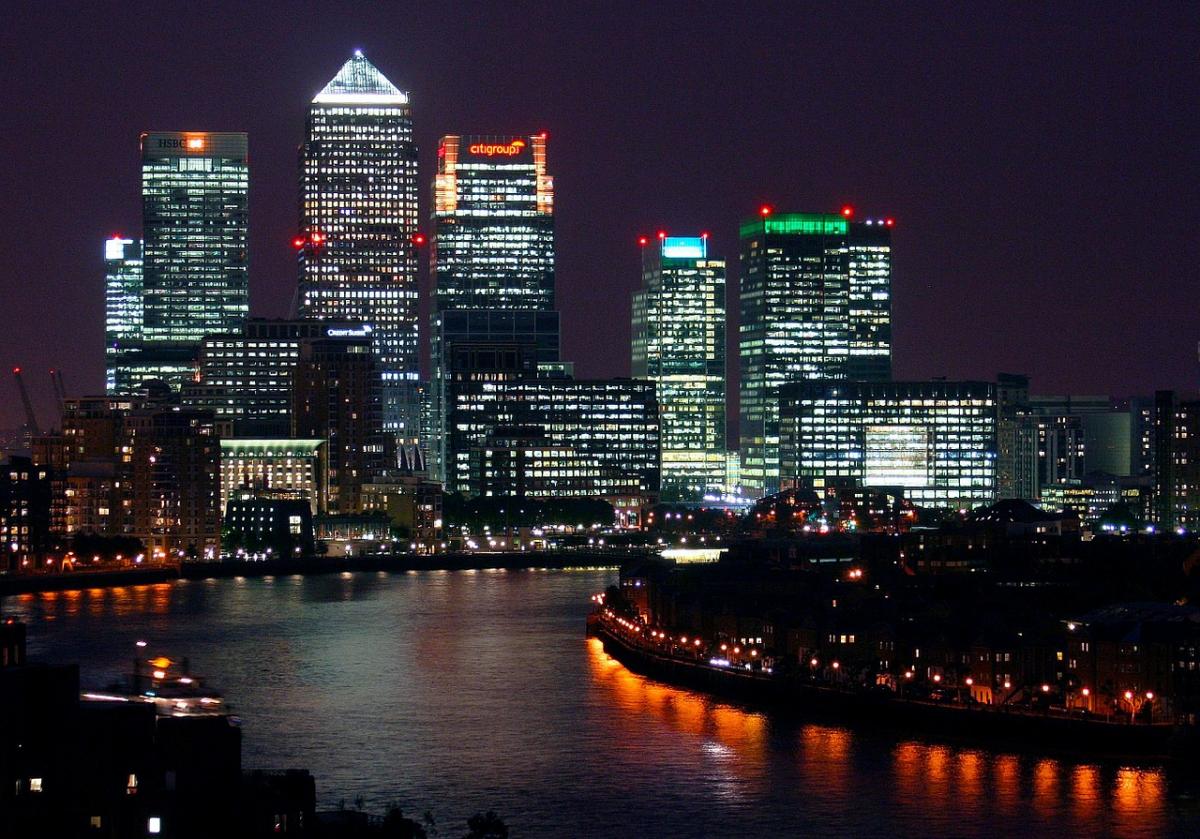The Global Financial Crisis and Personal Credit Explained

Ordinary people are finding it hard to access credit at a fair price because of the “unfair terrain” created by the 2007 Great Financial Crisis (“GFC”), says Daily Mail City Editor Alex Brummer in his video interview with FairMoney™ founder Dr Roger Gewolb.
So why is the 2007 crisis to blame? FairMoney investigates
What caused the Global Financial Crisis?
One of the main causes iof the GFC was the fact that all over the world, financial institutions were giving mortgages to people who could not afford to pay them back.
But why was this happening?
Since the mid-nineties, and up until just before the GFC, house prices rose steadily year on year. This happened because economies were growing, salaries were increasing and the mortgage market had been deregulated (meaning there were fewer rules for banks about who they could lend money to). As a result of these things, more people were able to buy a house and benefit from house price rises.
So what went wrong?
The problem started when it was assumed that house prices would continue to rise indefinitely. This meant that even if lenders sold mortgages to people who couldn't pay them back, the mortgage lender (bank) could still make money when they sold the resultant repossessed houses.
Those selling mortgages thought this was a great idea; suddenly they had been given permission to sell to people who would never have qualified before as they were considered too hig risk. Perhaps understandably, this new way of thinking was extremely popular, as it meant lots of commission for sales people and lots of new customers paying interest to the banks. In fact, everybody wanted a piece of the action, and banks all around the world started to ask each other for money to lend out as mortgages. With some tweaks (e.g. securitisation and credit default swaps), this was seen, and more importantly sold, as a really safe way to make money.
Eventually though, when house prices inevitably stopped rising (in fact, they started falling) many newly signed up customers simply stopped paying their mortgages, and banks began repossessing houses. Quickly, banks then started losing money on each repossession, and while the number of repossessions was high, the panic felt by banks was even higher.
The Financial Crisis in simple terms
Let’s explain this using a more familiar scenario.
Imagine you have a friend, Bob, who you’ve leant £200 for 6 months. You know Bob's a bit of a risk because he’s been fired from a couple of jobs, but you don't want to let him down or have him borrow from local loan sharks. So, you ask Bob to give you his IPad as security. It's quite high-tech and worth £650, so you say you’ll keep it until he pays you back. Even if Bob doesn't pay you back you can always sell it and everything's good, right?
After a month, however, a newer IPad comes out, and no one wants to buy the one you’re holding as security. This means its value has plummeted to £50. This is bad news, as you now risk losing money if Bob loses his job and can't pay you back. So you try and sell Bob's IOU, just in case he's not going to pay you back, but only one person is willing to buy it, and you have to pass on the IPad too. The money you can get for this deal is far less than what you’re owed, but otherwise you risk losing almost everything. What would you do?
Well, in this situation, the banks sold.
So why can't I get a loan now?
The Global Financial Crisis came about because banks around the world rushed into deals like the one illustrated above all at once. They lent trillions of pounds, dollars and euros to people they weren't sure about, and when house prices fell and people couldn’t pay their mortgages, their losses were incredible.
The result of this is that now, banks are incredibly cautious about lending money. They will now only lend to people they know can afford to pay it back (the wealthy), or to people willing to pay a lot of upfront fees and interests on their loans.
So how does everyone else borrow money? Particularly those with a poor history of paying back loans?
That's where FairMoney™ comes in
We help people in a vulnerable financial situation find fair loans to suit their circumstances. Whilst interest rates on these loans may be higher than those offered by high street banks and building societies, they're fair, and that's important.
So, if you have a poor credit history but are looking for a loan, enter your details here, and our Smart Search Technology will compare the products best suited to your situation, so that you know you’re getting a fair deal.
If you’d like to find out more about this, or any other related topics, please tweet your questions to @UKFairMoney, and we’ll do our best to get to grips with your questions here on our blog.
If you would like to be interviewed about your experiences with lenders and being treated unfairly, get in touch and we can link you with the Campaign for Fair Finance™.



